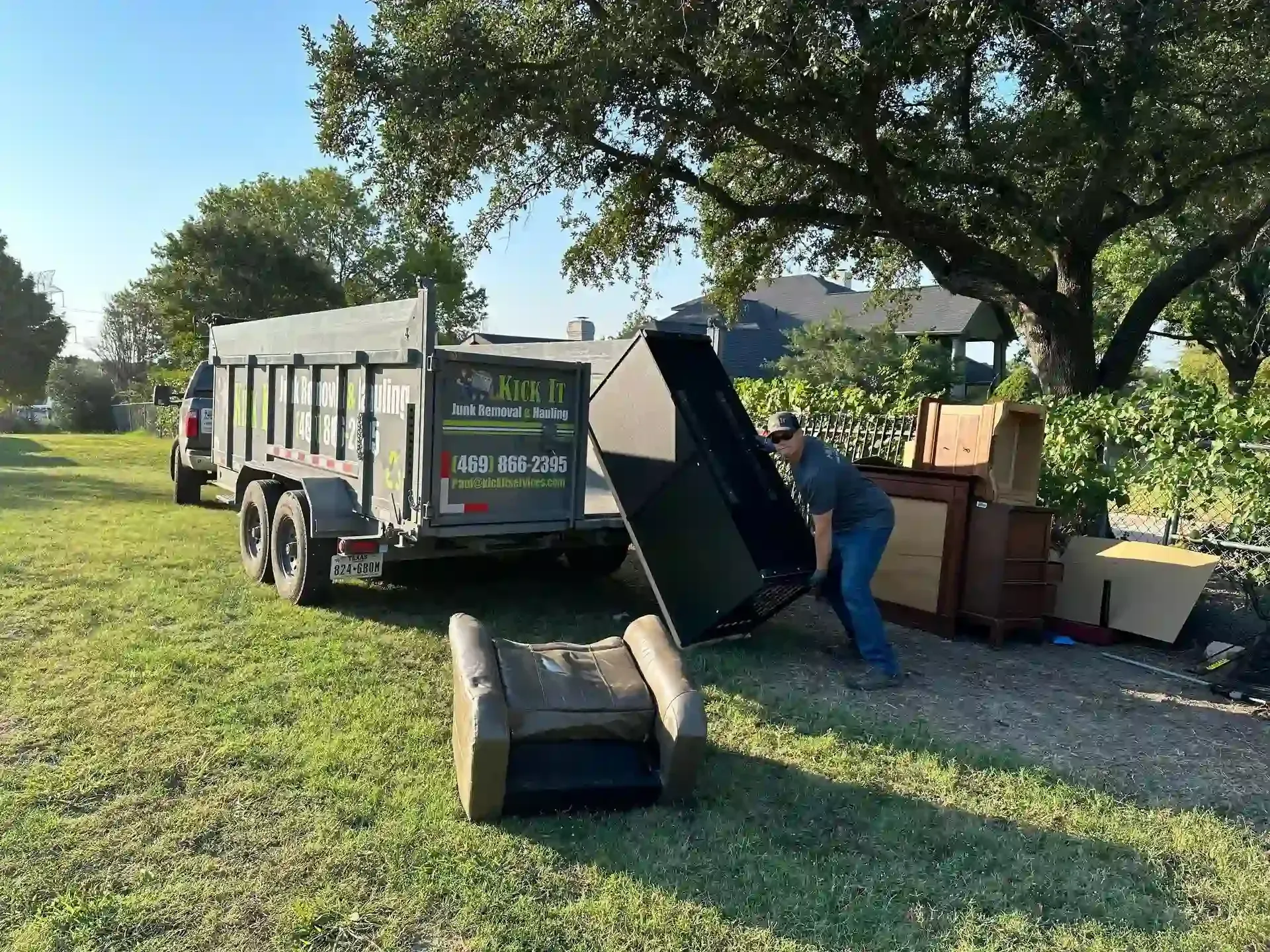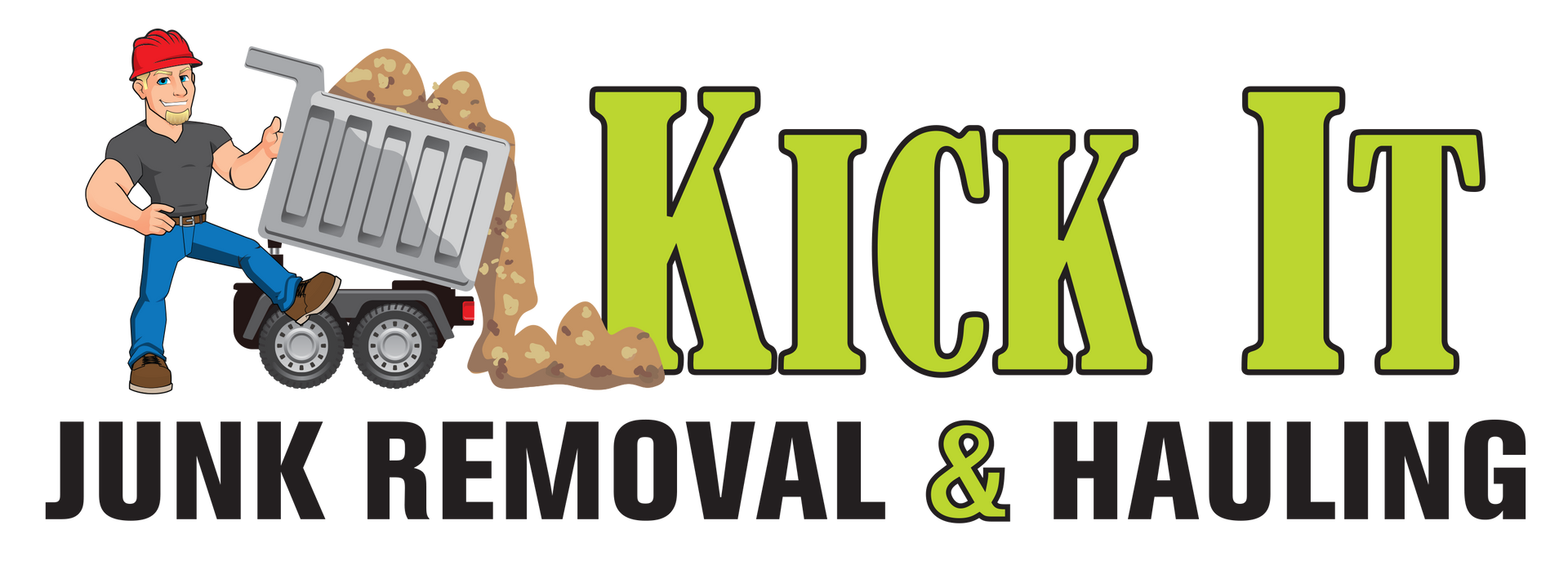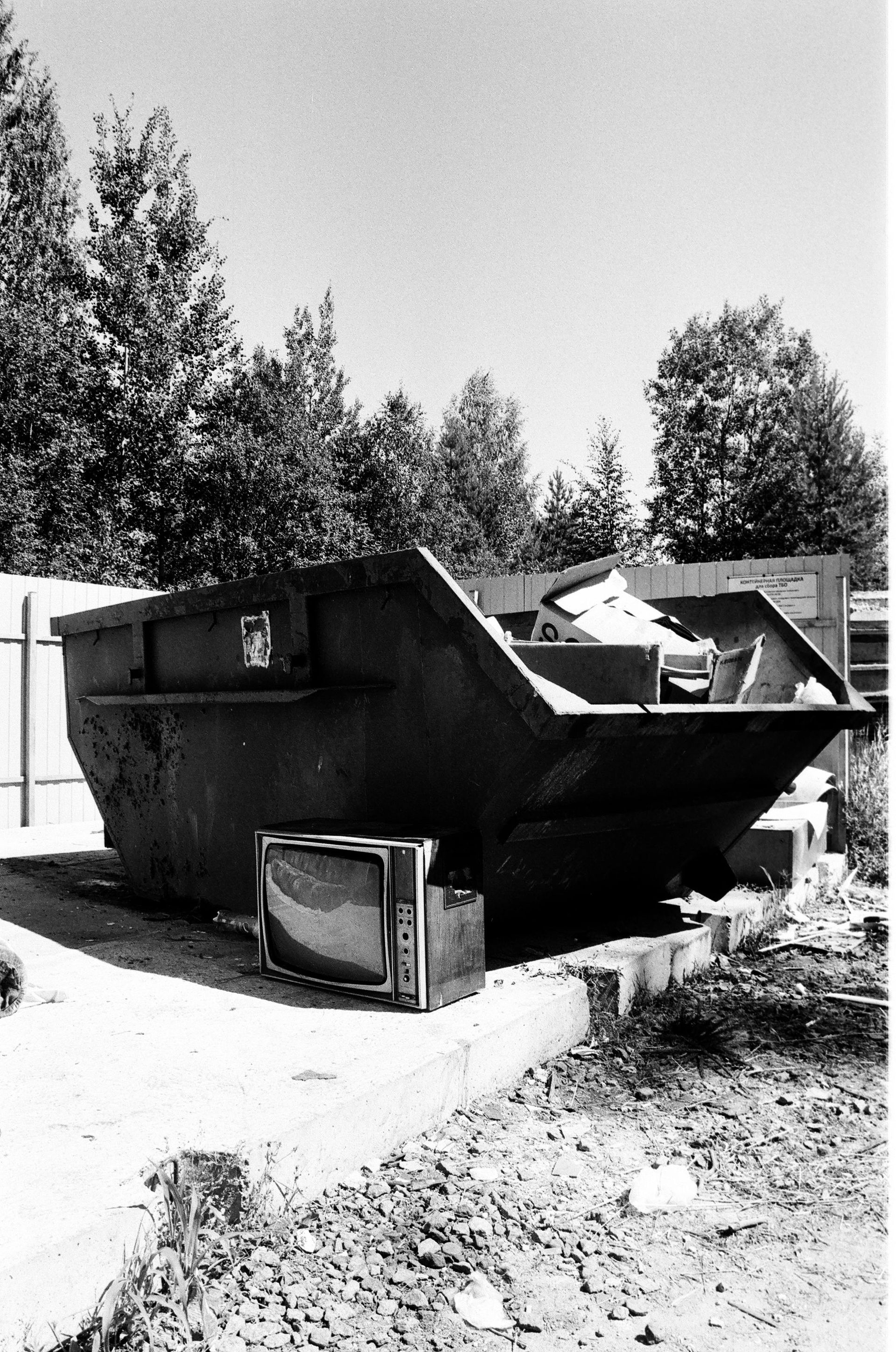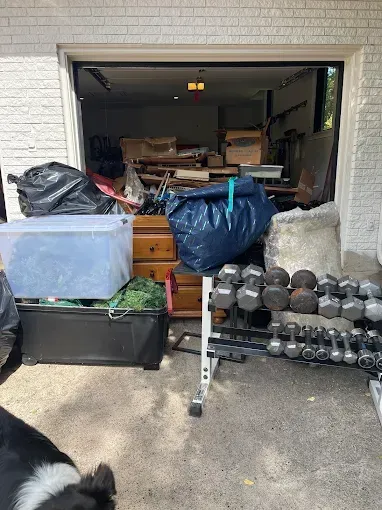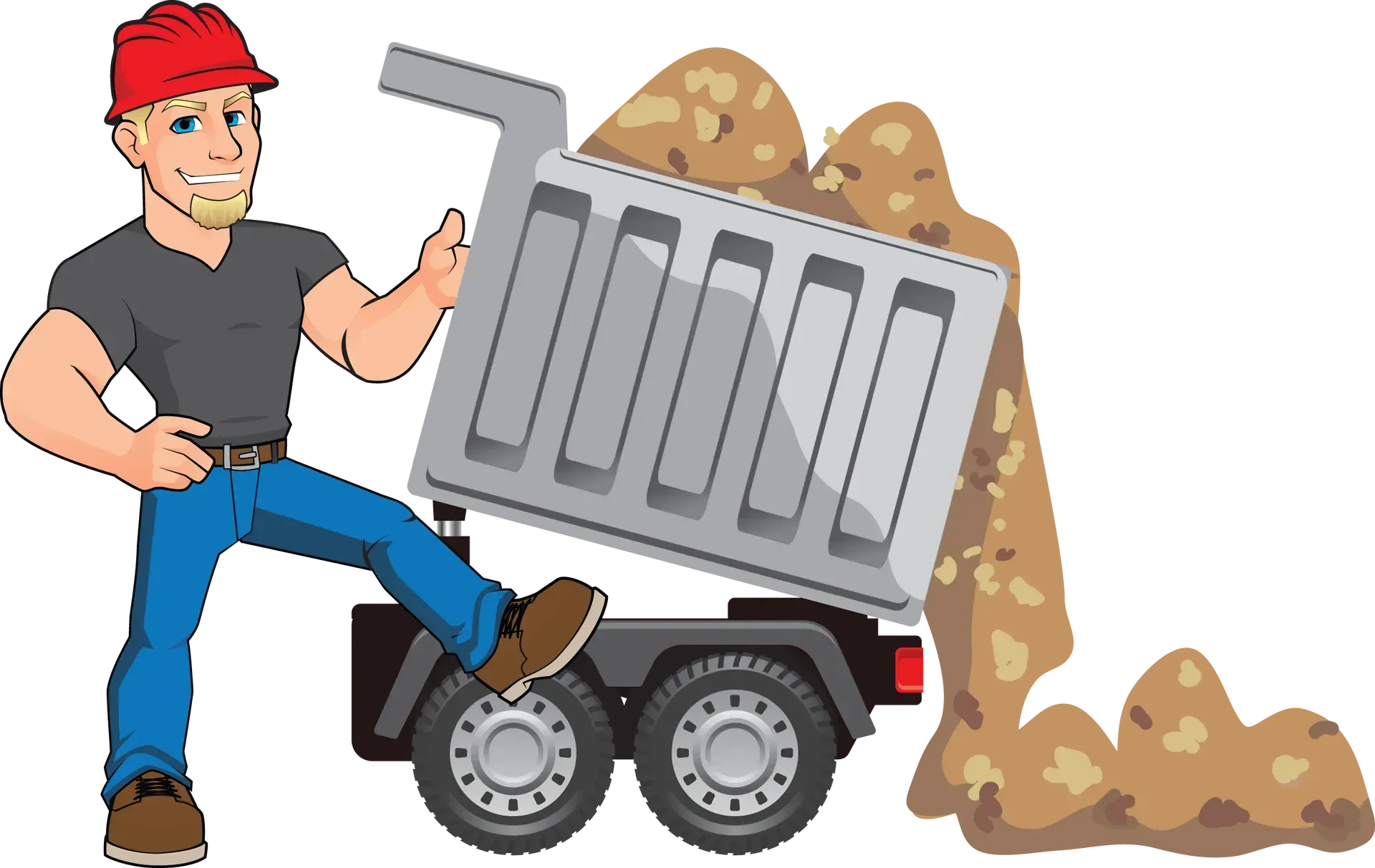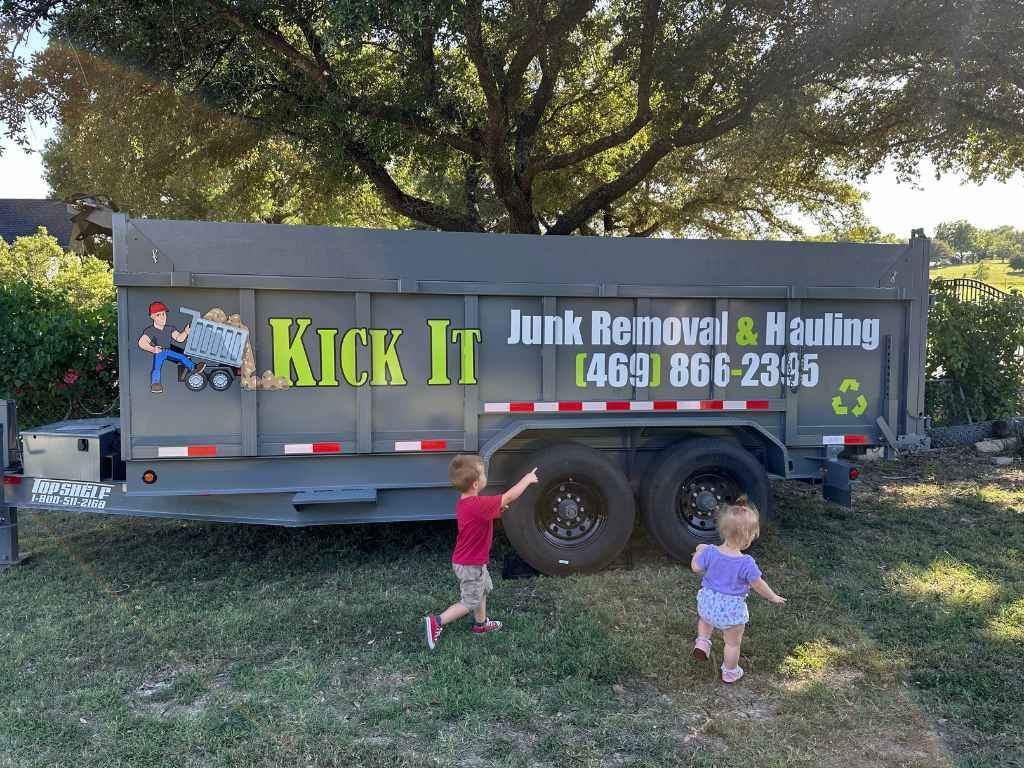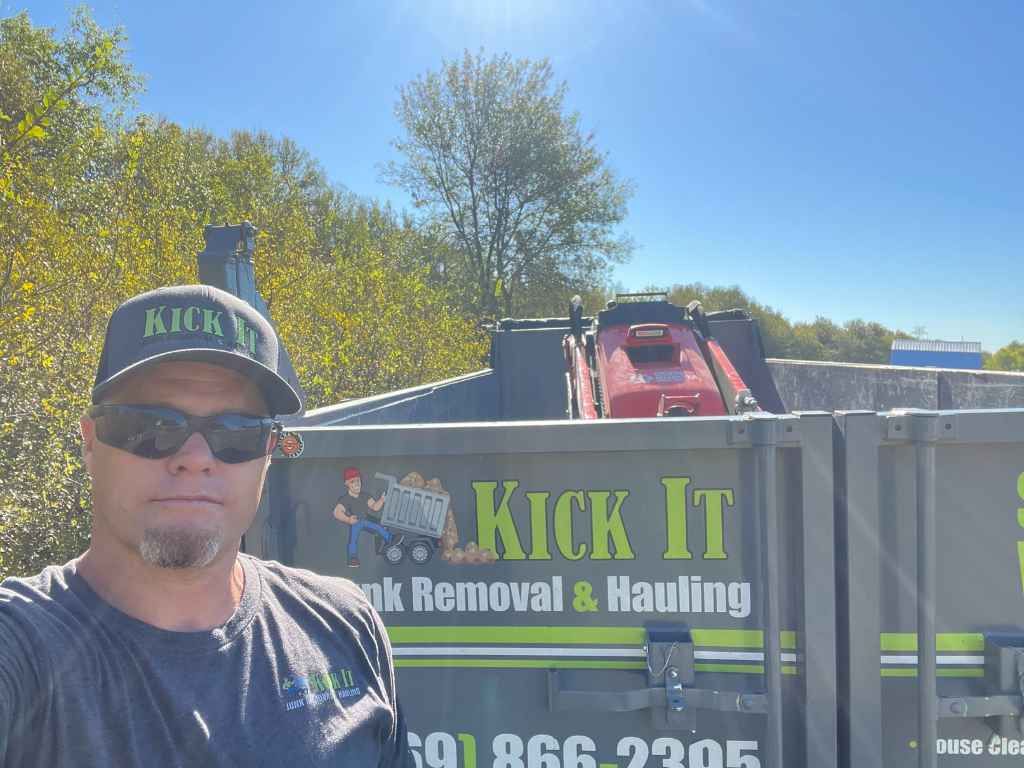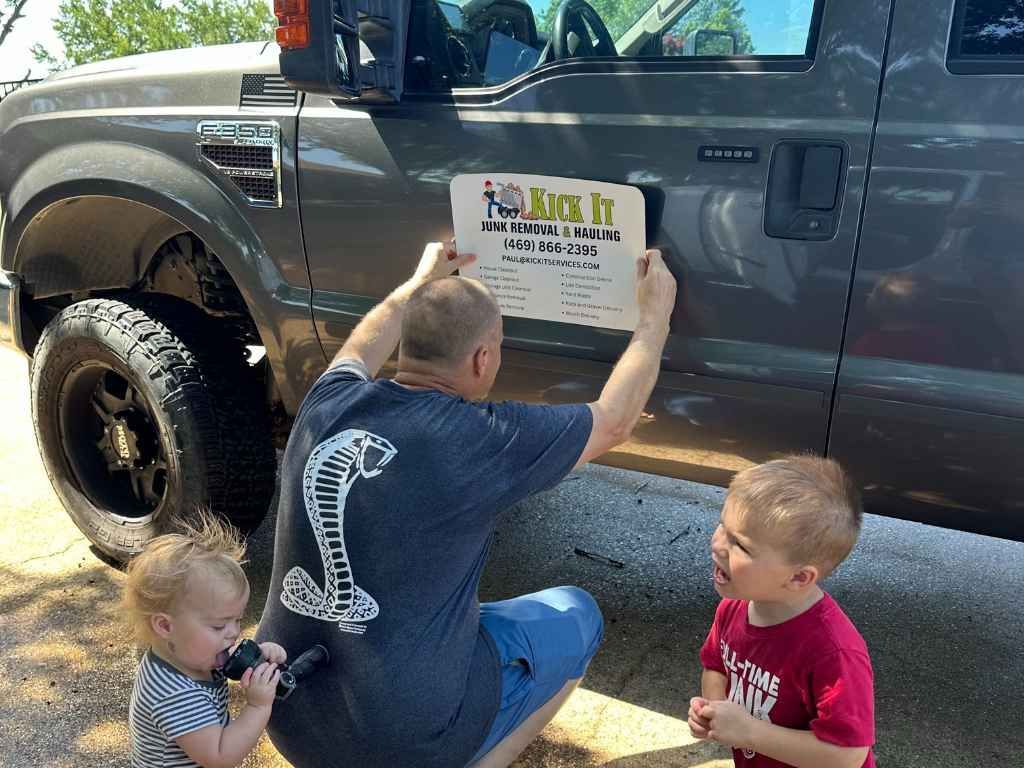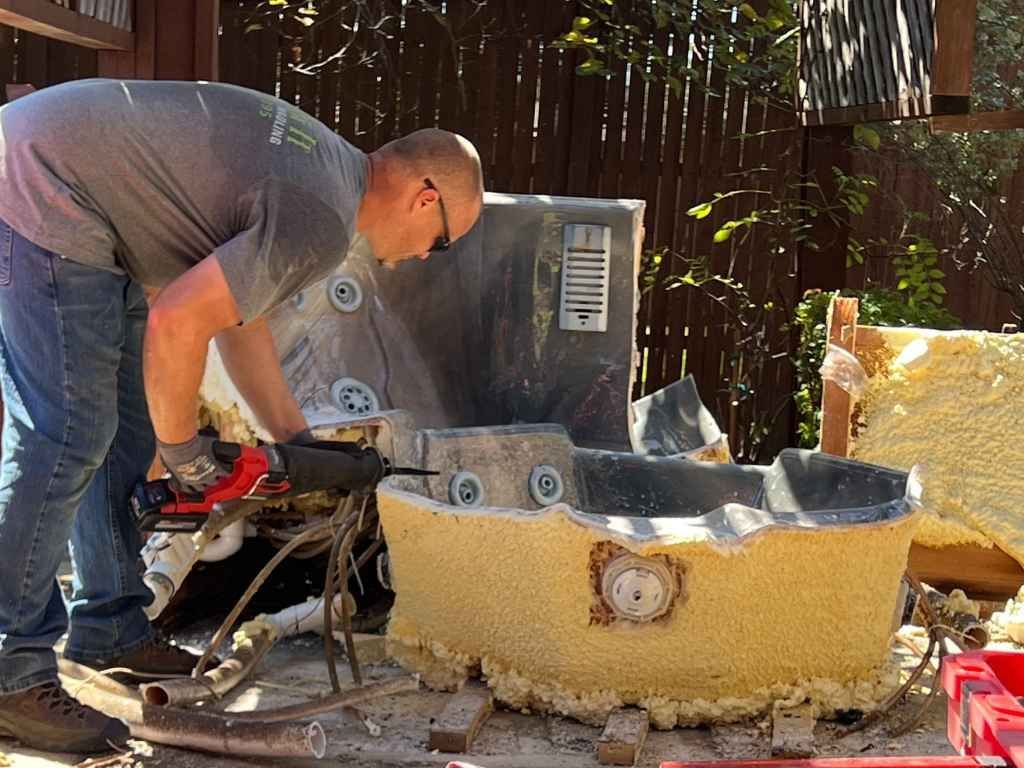Tips for Handling Office Junk During a Business Transition
Transitioning a business from one location to another or restructuring operations is a challenging and often stressful process. The excitement of moving into a new space, rebranding, or reorganizing your office can quickly be overshadowed by the overwhelming amount of office junk that tends to accumulate over time. From old furniture and outdated technology to piles of paperwork and broken equipment, clearing out office debris is no small task. However, with careful planning and the right approach, you can turn this daunting job into a manageable, even rewarding experience.
Handling office junk during a business transition isn't just about making space; it’s about optimizing your workspace for the next chapter of your business. Whether you're moving to a new office, undergoing renovations, or closing down one aspect of your operations, these tips will guide you in efficiently managing your office junk.
Effective Strategies for Managing Office Junk During a Business Transition
Handling office junk during a business transition can be overwhelming, but with proper planning, it becomes much more manageable. One of the key strategies is organizing your junk removal process from the start. Sorting through items, categorizing them into keep, recycle, donate, or toss piles, and delegating responsibilities across departments ensures the process is efficient and less stressful for everyone involved. A clear plan and timeline will make all the difference in keeping your team on track.
When transitioning to a new office space, it's essential to recycle or donate usable items before they end up in a landfill. Donating old furniture or electronics not only helps those in need but also benefits the environment. Office junk removal services or dumpster rentals can assist in disposing of items that are no longer usable. By incorporating these steps, your business transition can be streamlined, giving you more time to focus on settling into your new workspace.
Plan Ahead: Start with Organization
The first step in tackling office junk is creating a solid plan. Don't wait until the day of the move to start thinking about it. Start by scheduling a meeting with your team to discuss the upcoming transition and the importance of decluttering. Let everyone know that they are expected to contribute to the process.
- Organize Your Workspace: Go through the office, department by department, to get a sense of what’s no longer needed. Separate items into categories: keep, recycle, donate, and toss. A simple labeling system will make it easier for everyone to categorize items as they go along.
- Assess Everything: Begin with large items that take up the most space, such as old furniture and equipment. These are often the first to get overlooked during a move, but they can be the most difficult to deal with if left until the last minute.
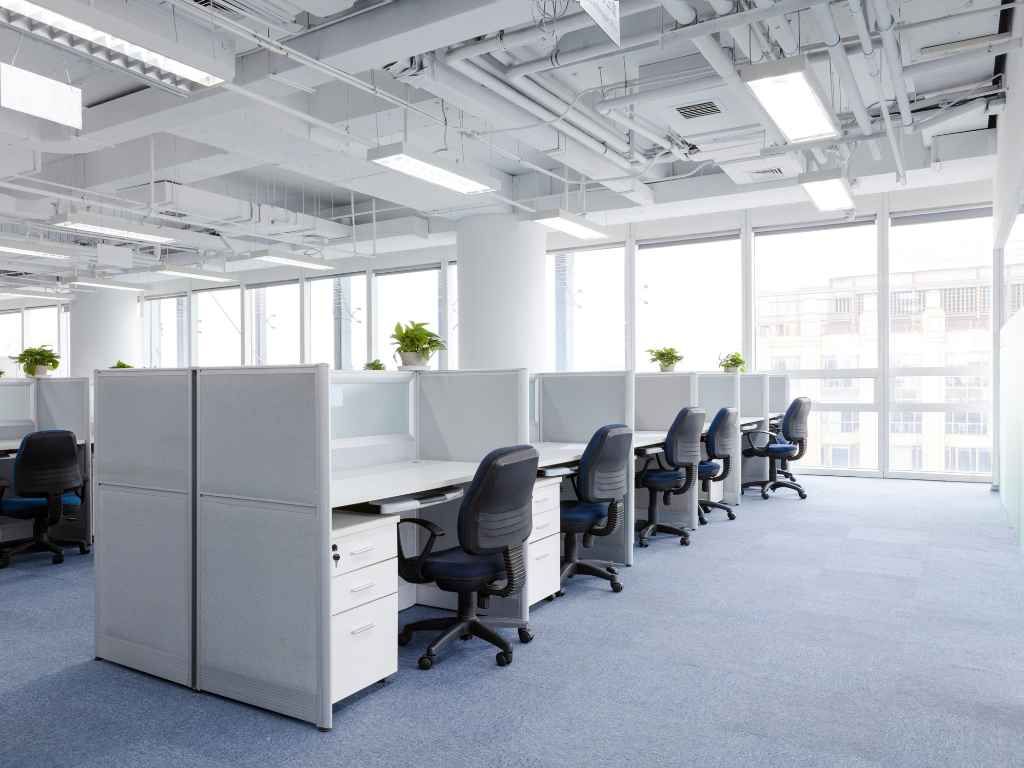
The Digital Cleanup: Streamlining Data and Documents
Before you even begin to tackle physical junk, it’s time to address the digital clutter that accumulates over time. Old files, software, emails, and outdated systems can bog down your efficiency and add unnecessary complexity to your transition.
- Clear Out Old Files: Start by reviewing digital files stored on your office computers, cloud storage, or shared drives. Delete anything that is obsolete, irrelevant, or redundant. Make sure that any sensitive data is properly shredded or disposed of in accordance with your company’s data security policies.
- Back-Up Important Information: While cleaning up, be sure to back up critical documents to avoid losing important files during the move. Whether it’s customer data, financial records, or marketing materials, ensure everything important is stored securely before you wipe your digital storage spaces clean.
Recycle or Donate Items That Can Be Reused
An important part of dealing with office junk is finding sustainable ways to dispose of unwanted items. Simply tossing everything into a landfill is not only wasteful, but it can also harm your company's reputation. Many items in your office may still have life left in them, so consider recycling or donating them before resorting to disposal.
Donate Furniture and Equipment: If you’re upgrading your office furniture or replacing old technology, see if local nonprofits or schools can use your outdated items. Office furniture, chairs, desks, and shelving can still be valuable to those who don’t have access to the latest products.
Recycle Old Electronics: Electronics can be one of the hardest items to dispose of, as they contain hazardous materials. Many e-waste recycling centers will accept old computers, monitors, printers, and other tech equipment to safely recycle them. Be sure to erase any data before disposing of devices like computers, phones, or printers.
Paper Recycling: Offices are notorious for paper clutter. After you’ve gone through your documents and disposed of anything no longer needed, make sure that your paper waste is properly recycled. Many communities have secure paper recycling programs that handle sensitive documents, so look into these options to protect your information while keeping it out of landfills.
Rent a Dumpster or Junk Removal Service
When the junk pile starts to grow, it may be time to call in the experts. Hiring a junk removal service can save you time and energy, especially if your office has accumulated an overwhelming amount of clutter. Renting a dumpster or hiring a junk removal service can be a smart move during your business transition.
Junk Removal Services: Depending on the amount of junk you need to dispose of, a professional junk removal company may be the best option. They have the expertise, equipment, and manpower to handle everything from furniture to heavy equipment. Plus, they will take care of the logistics of disposal, making the process much smoother for your team.
Dumpster Rentals: If you’re dealing with a large-scale cleanup, renting a dumpster might be a cost-effective option. A dumpster can handle everything from office furniture and old equipment to piles of paperwork and boxes of outdated supplies. You can set it up at your office location, fill it up at your own pace, and schedule a pickup once it’s full.
Make sure to choose a reputable junk removal service or dumpster rental company that practices eco-friendly disposal methods. Some companies will sort through your junk and donate or recycle as much as possible, ensuring that your business is doing its part to protect the environment.
Use Professional Movers for Valuable Items
While much of the office junk will need to be disposed of, there are always valuable items worth saving and taking with you. Whether it’s antique furniture, rare office artwork, or other items with sentimental or financial value, don’t let them get mixed in with the junk
Professional Movers: If you have valuable office items that require special handling, consider using professional movers who specialize in fragile or high-value items. These experts will ensure that your prized possessions are transported safely and securely, minimizing the risk of damage during the transition.
Inventory Your Assets: Before the move, create an inventory of any valuable items being moved to the new location. This helps with organization and ensures that everything is accounted for when you reach your destination. Consider labeling these items clearly to avoid confusion with the junk.
Establish a System for Office Junk Disposal Before the Transition Begins
The key to avoiding a chaotic junk removal process is to plan well in advance. By setting up a system for office junk disposal before the transition begins, you ensure that you stay organized and reduce the amount of stress on your team during the move.
- Create a Timeline: Establish a timeline that includes deadlines for each phase of the junk removal process. For example, set a deadline for sorting through files, clearing out large equipment, and recycling paper. This timeline will help keep your team on track and ensure that everything gets handled in an orderly fashion.
- Delegate Responsibilities: If your team is large enough, delegate different areas of junk removal to different departments. For example, the IT department can handle old electronics and technology, while the administrative team tackles paperwork and filing cabinets. By breaking the task into smaller parts, you can speed up the process.
After the Transition: Create a Junk-Free, Organized Office Space
Once the office transition is complete, it’s time to focus on setting up your new space for success. A clutter-free office can enhance productivity, improve employee morale, and make a great impression on clients or visitors.
- Design an Efficient Workspace: When setting up your new office, take the opportunity to rethink your space. Consider how employees use the space and set up systems that minimize clutter moving forward. Invest in smart storage solutions, ergonomic furniture, and organizational tools that will help keep your office tidy in the future.
- Establish New Junk Removal Procedures: As you settle into your new office, implement procedures for managing office junk moving forward. Create a protocol for handling old files, outdated equipment, or other clutter before it piles up again. Encourage your employees to regularly assess their workspace and dispose of items they no longer need.
Conclusion
Office junk management during a business transition may not be glamorous, but it’s an essential part of a successful move or restructure. By taking a methodical approach, recycling or donating reusable items, and utilizing professional help when necessary, you can ensure that your transition goes smoothly and that your new space is both functional and organized.
If you need help with office junk removal, Kick It Junk Removal & Hauling is here to make the process easy. Located at 14339 Stanley Lane, Forney, Texas, we specialize in hauling away unwanted items during business transitions. Call us today at 469-866-2395 or email Paul@kickitservices.com to get started!
